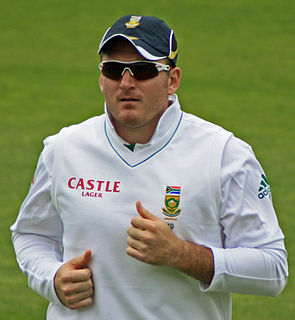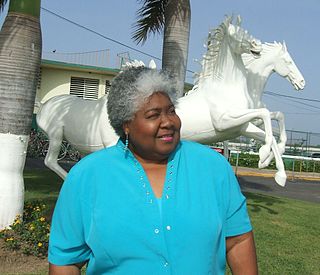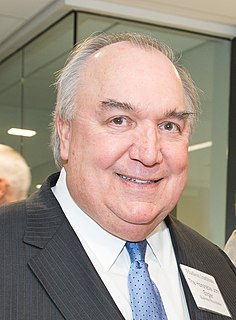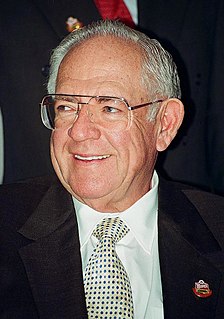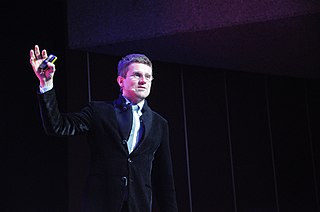A Quote by Cate Blanchett
Perhaps being a parent has changed career more in that you ask yourself how long you'll be away from home. My eldest child is approaching school age so that becomes more important. They're less portable.
Related Quotes
Compared to other parents, remarried parents seem more desirous of their child's approval, more alert to the child's emotional state, and more sensitive in their parent-child relations. Perhaps this is the result of heightened empathy for the child's suffering, perhaps it is a guilt reaction; in either case, it gives the child a potent weapon--the power to disrupt the new household and come between parent and the new spouse.
The traditional paradigm of parenting has been very hierarchical, the parent knows best and very top down. Conscious parenting topples [this paradigm] on its head and creates this mutuality, this circularity where both parent and child serve each other and where in fact, perhaps, the child could be even more of a guru for the parent .... teaching the parent how the parent needs to grow, teaching the parent how to enter the present moment like only children know how to do.
If I could summarize my suggestions to parents over the past twenty-five years it would be: worry less, criticize less, preach less, listen more, have more fun, be more honest with your own feelings, develop your own joys and friendships, and don't sweat the small stuff (which is nearly everything). The goal is not to be a perfect parent, because no such thing exists. The hope is to be a good enough parent so that your child leaves home a responsible adult who can take care of him or herself.
Try vegetarianism and you will be surprised: meditation becomes far easier. Love becomes more subtle, loses its grossness — becomes more sensitive but less sensuous, becomes more prayerful and less sexual. And your body also starts taking on a different vibe. You become more graceful, softer, more feminine, less aggressive, more receptive.
Usually women are the lynchpins of the family. They carry the brunt of the work at home and of being mothers and of taking care of the children. Not always. I have a wonderful husband, who is a great father and has helped tremendously at home. And I think that men are getting in touch and I think that the role that they have is so important, to be a good father and have a good career and be a good husband. But I think that as more and more women go into the workforce, you have to have more help at home and it becomes more of a sharing of responsibilities.
Don't ask for the task to be easy... just ask for it to be worth it
Don't wish it was easier... wish you were better
Don't ask for less challenge... ask for more skill
Don't ask for less problems... and for more wisdom
It's the challenge that makes the experience.
Life and it's colour and meaning and adventure for you is this collection of experiences.
To wish them away is to wish your life away.
Our feelings probably are not less strong at fifty than they were ten or fifteen years before; but they have changed their objects, and dwell on far different prospects. At five-and-thirty a man thinks of what his own existence is; when the maturity of age has grown into its autumn, he is wrapt up in that of others. The loss of wife or child then becomes more deplorable, as being impossible to repair; for no fresh connection can give us back the companion of our earlier years, nor a "new-sprung race" compensate for that, whose career we hoped to see run.
Wherever possible, home is by far the best nest until at least eight, ten or twelve. Psychologists and psychiatrists who understand child development would prefer an even later age. In a reasonably warm home, parent-child responses, the true ABC's of sound education, are likely to be a hundred times more frequent than the average teacher-child responses in a classroom.
Being gay, you're kind of forced to ask, I suppose, very existential questions from a very, very early age. Your identity becomes so important to you because you're trying to understand it, and, I think, from the age of, like, 9, you're being forced to ask questions... that other kids maybe don't have to ask.





